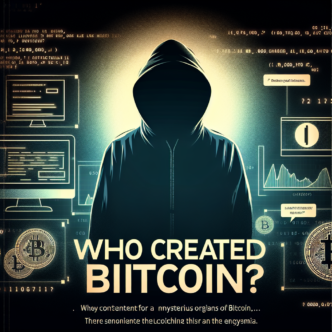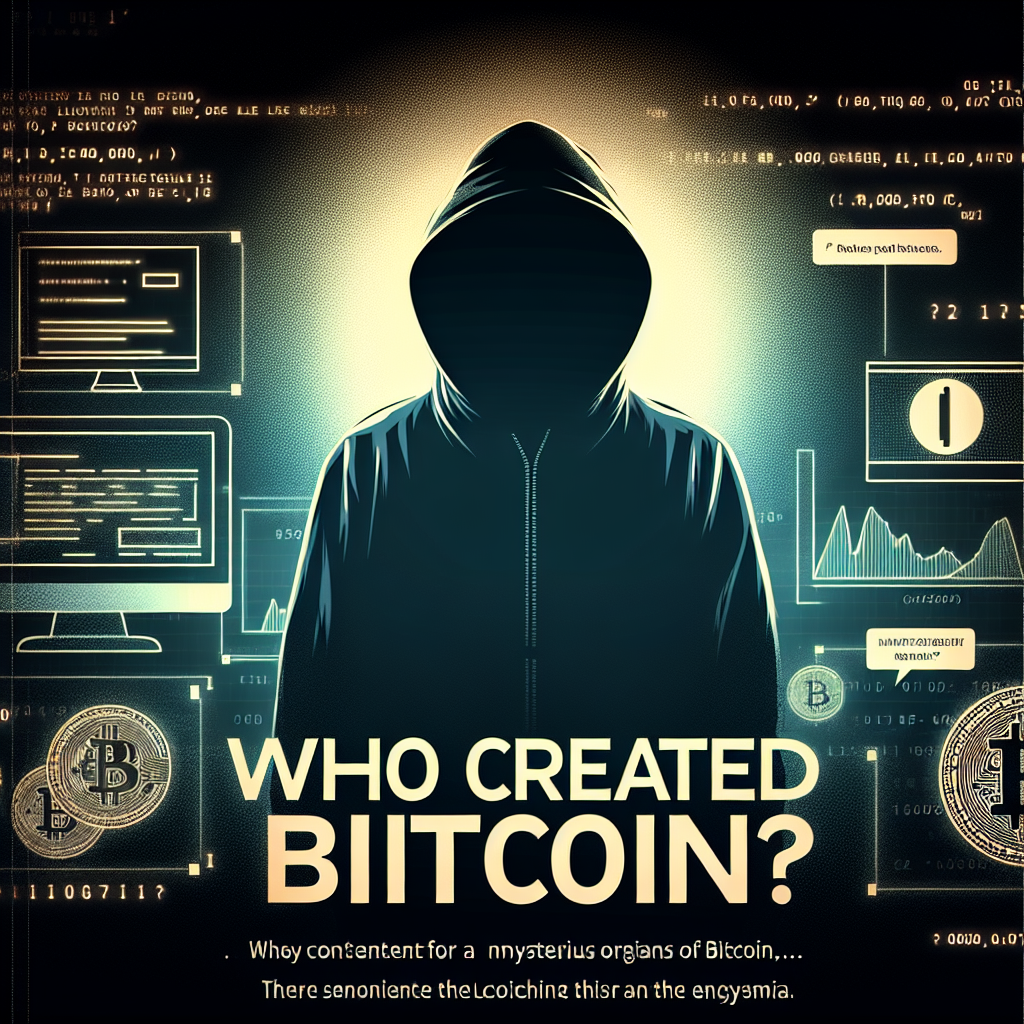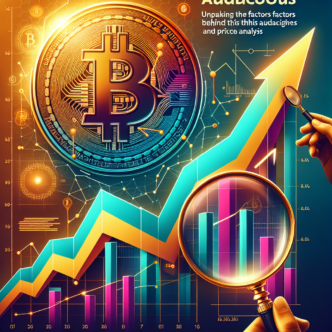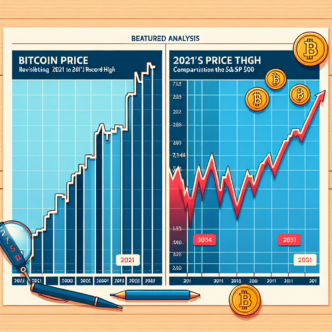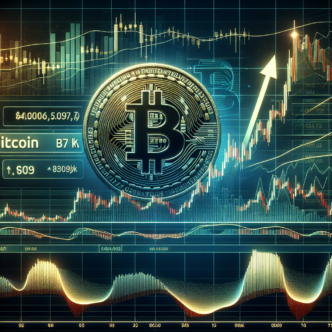Who is the mastermind behind Bitcoin? This question has emerged as an intriguing enigma of the digital era, reminiscent of mysteries like the fate of D.B. Cooper or the identity of Deep Throat during the Watergate affair.
Documentarian Cullen Hoback believes he holds the key to this mystery. His latest HBO documentary, “Money Electric: The Bitcoin Mystery,” explores the emergence of cryptocurrencies and the pursuit to reveal the true identity of Satoshi Nakamoto, the pseudonym attributed to the author of the essential 11-page white paper that ignited both Bitcoin and the broader cryptocurrency phenomenon when it was widely shared online on October 31, 2008.
For Hoback, exploring the crypto craze felt like a natural progression following his investigation into the dark corners of the internet in his 2021 HBO docuseries “Q: Into the Storm.” That six-part series offered a theory about the individuals who perpetuate the dangerous and deluded narratives associated with QAnon. Both “Q” and “Money Electric” reflect Hoback’s fascination with the ways the digital revolution is reshaping culture and society. The surge of cryptocurrency has been driven by many individuals’ desire for a decentralized financial system—one governed by public Blockchain ledgers instead of traditional institutions like Bank of America or Goldman Sachs—and the increasing need for more accessible means of conducting financial transactions both online and globally.
“I have spent the last decade discussing issues related to digital rights and privacy. Therefore, making a film about Bitcoin was something I had long desired,” Hoback explains to Variety. “I wanted to explore the contrast between what [crypto] aimed to be and what it has actually become. Originally envisioned as digital cash, it has transformed into something more like digital gold.”
“Money Electric” chronicles Hoback’s investigative efforts to unravel the Satoshi enigma. He approached the project without certainty of reaching a definitive conclusion. However, after immersing himself in the crypto landscape, he concluded that Canadian crypto developer Peter Todd could be the creator of Bitcoin.
Todd has refuted Hoback’s claim. On October 9, just a day after “Money Electric” premiered on HBO, Todd told the BBC emphatically: “I am not Satoshi Nakamoto,” branding the assertion as “absurd.”
Todd is a recognized figure in the crypto conference scene and was interviewed by Hoback for “Money Electric.”
“We filmed with him multiple times. He enjoys being in the spotlight and discussing Bitcoin. Over the past decade, whenever given the chance, he took it,” Hoback noted. “If he is indeed Satoshi, then having successfully obscured his identity for such a long time, one might presume he thinks he won’t be caught.”

Hoback states that he pursued the Bitcoin narrative not only because the demand to resolve the Satoshi mystery made for an engrossing story but also due to its broader implications. The creator of Bitcoin is believed to have retained 1.1 million coins—or 5% of the total 21 million Bitcoins that can ever be mined, as specified in the white paper. With Bitcoin’s current valuation against the dollar at $68,140.74 (as of last Friday’s trading close), those holdings represent a staggering wealth. There are theories suggesting that the person behind Bitcoin either destroyed or intentionally abandoned those 1.1 million coins, though Hoback remains skeptical of this notion.
Hoback financed the initial year of “Money Electric” out of his own funds until HBO joined the project. The gradual yet steady integration of cryptocurrency into mainstream financial systems—such as El Salvador adopting Bitcoin as legal tender in 2021—has generated increased interest in the topic. Notably, filmmaker Adam McKay serves as an executive producer alongside Hoback on “Money Electric,” just as he did on “Q: Into the Storm.”
“I was motivated to tell this story only if I felt we could at least present a compelling theory about who created Bitcoin,” Hoback shared. “I built upon the investigations of previous researchers to create a shortlist. I aimed to access various figures within this network, believing at least one of them could be Satoshi or have known the creator of Bitcoin. My primary motivation was the narrative of global adoption. When El Salvador announced its intent to use Bitcoin as legal currency, it reignited my interest in the story.”
Cryptocurrency markets have experienced extreme volatility in recent years. In the spring of 2022, Bitcoin and other tokens significantly plummeted before experiencing a notable recovery. Nonetheless, the landscape remains unpredictable, fraught with risks such as theft, hacking, and the loss of vital electronic digital “keys” that crypto owners safeguard with the same care as physical safe deposit box keys. The collapse of prominent crypto exchange FTX and the conviction of its founder, Sam Bankman-Fried, have highlighted both the lucrative opportunities in token trading and the risks of substantial fraud.
“What intrigues me about Bitcoin is the convergence of unlikely allies,” Hoback remarked. “You have libertarians, professionals from the financial sector, stock market enthusiasts, and tech aficionados. There are also individuals simply seeking a place to invest their money in hopes of escaping the rat race.”
(Pictured above: Peter Todd in “Money Electric: The Bitcoin Mystery”)
